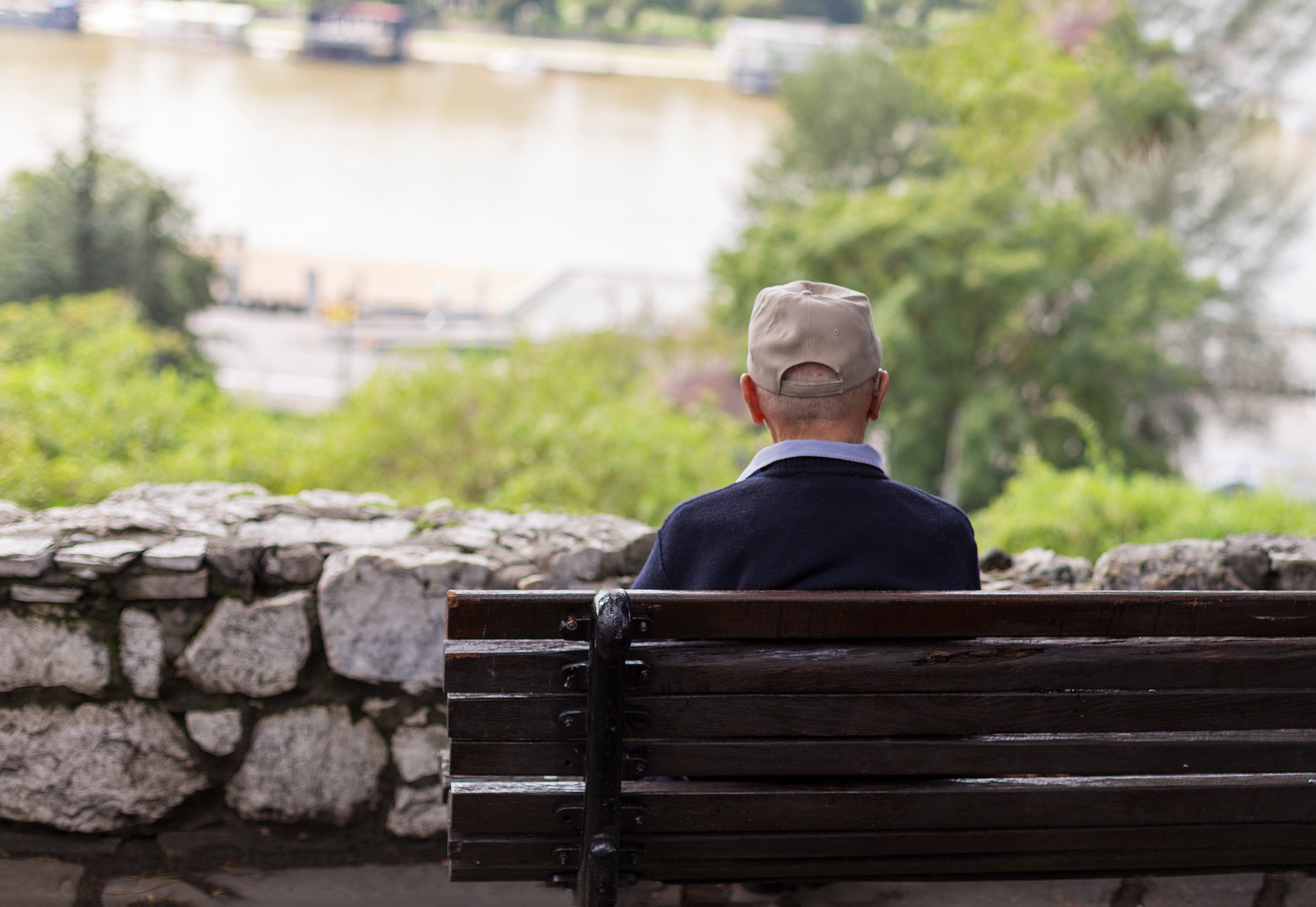 Social isolation is a growing epidemic. It's becoming increasingly recognized as having critical consequences. According to recent surveys, the percentage of American adults who say they’re lonely has doubled from 20% to 40%, since the 1980s.
Social isolation is a growing epidemic. It's becoming increasingly recognized as having critical consequences. According to recent surveys, the percentage of American adults who say they’re lonely has doubled from 20% to 40%, since the 1980s.
Loneliness is a serious health concern. Studies show that elderly people who are socially isolated were twice as likely to die prematurely. According to The New York Times, about one-third of Americans older than 65 now live alone, and half of those over 85 do.
The increased mortality risk is comparable to that from smoking. And loneliness is about twice as dangerous as obesity.
One recent study found that isolation increases the risk of heart disease by 29% and stroke by 32%.
John T. Cacioppo, a psychology professor for the University of Chicago, studies how loneliness and social isolation affect people’s health. He says, "In terms of human interactions, the number of people we know is not the best measure. In order to be socially satisfied, we don’t need all that many people. The key is in the quality, not the quantity of those people. We just need several on whom we can depend and who depend on us in return."
Many programs aimed at reducing social isolation and/or loneliness in older adults may help improve physical, mental (e.g. depression and mental well being), and social (e.g. social support and loneliness) health in older adults who are or are thought to be lonely or socially isolated. These programs include: a psychosocial activity group involving art, discussions, therapeutic writing, group therapy, and exercise that led to new friendships.
Some health systems and payers are making strides linking screenings for social isolation with referral to social and clinical support services.
Both Denmark and Great Britain are devoting more time and energy to finding solutions and staging interventions for lonely people, particularly the elderly.
Even though the internet has possibly contributed to our isolation, it might hold a key to fixing it. According to TIME, online dating statistics show that couples who found each other online and stayed together shared more of a connection and were less likely to divorce than couples who met offline. If these statistics hold up, it would stand to reason friendships could also be found in this way.
To help reduce social isolation, communities should ensure elders have easy access to transportation, through discounted bus passes or special transport services, so they can maintain social connections.
Although there is no one-size-fits-all approach to fixing social isolation and loneliness, addressing these issues and offering support services and group activities for these patients is a step in the right direction.


